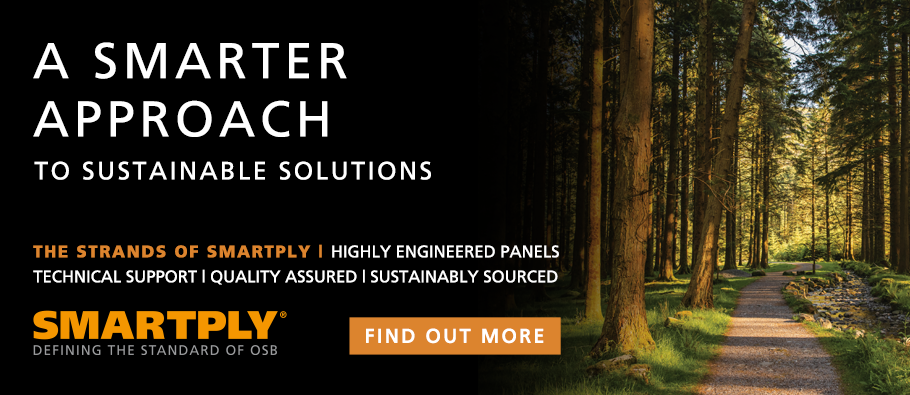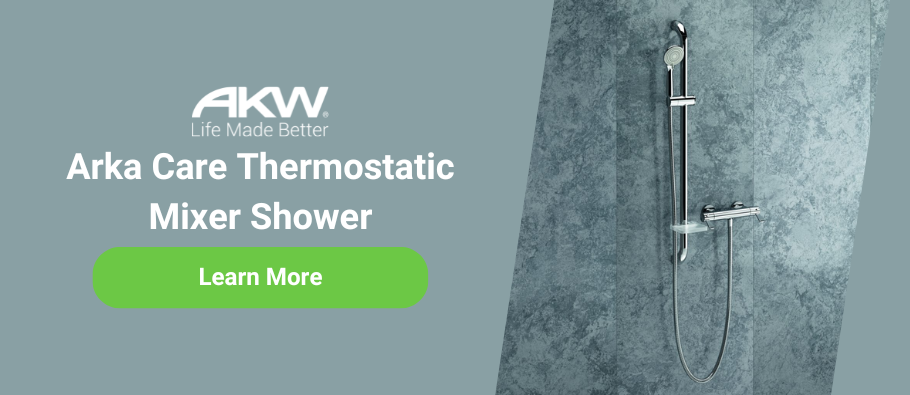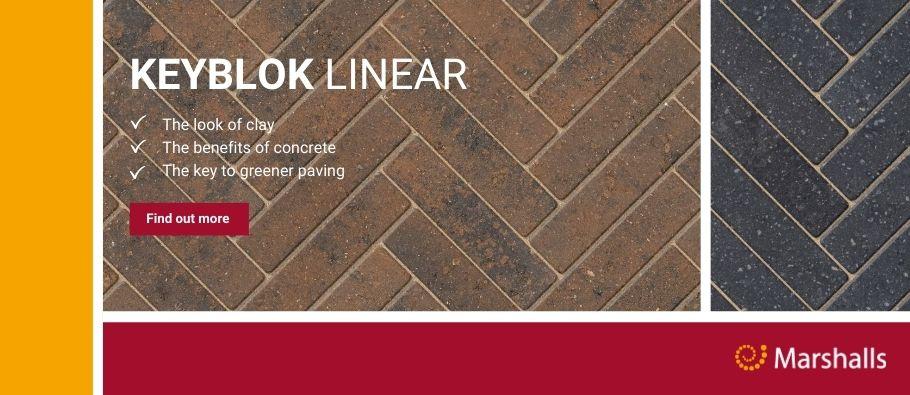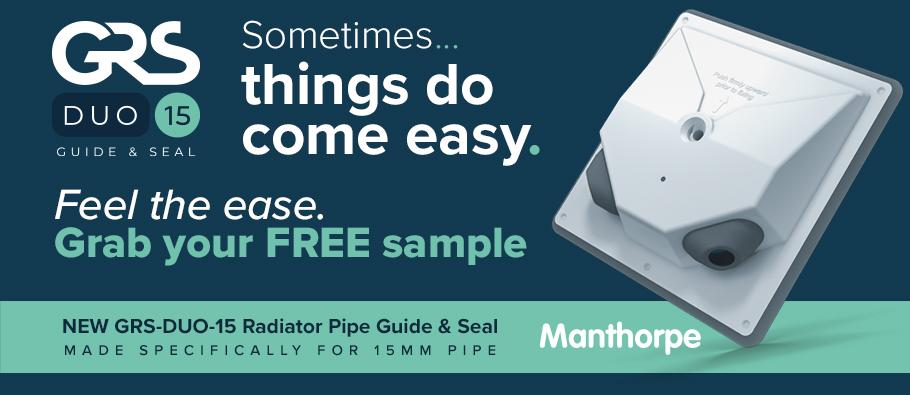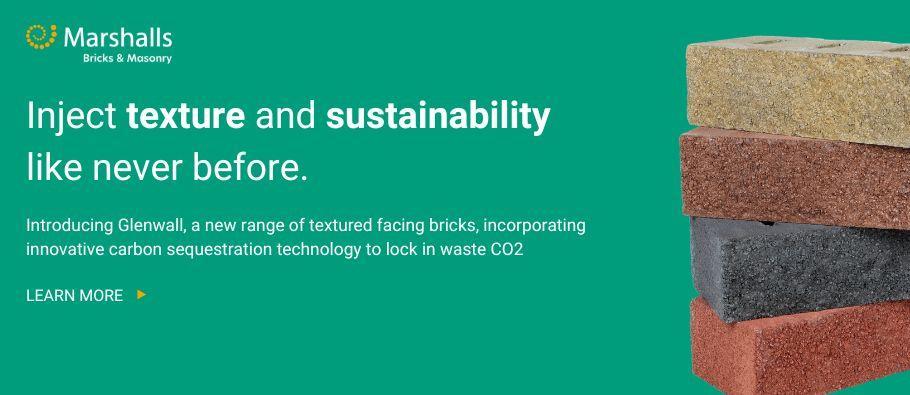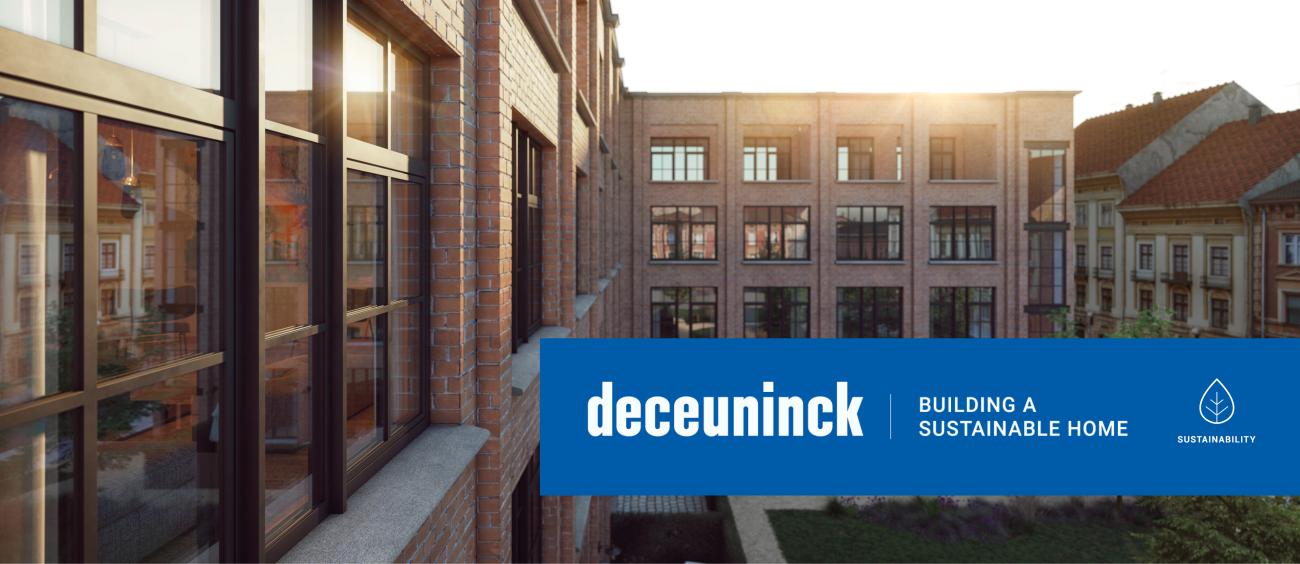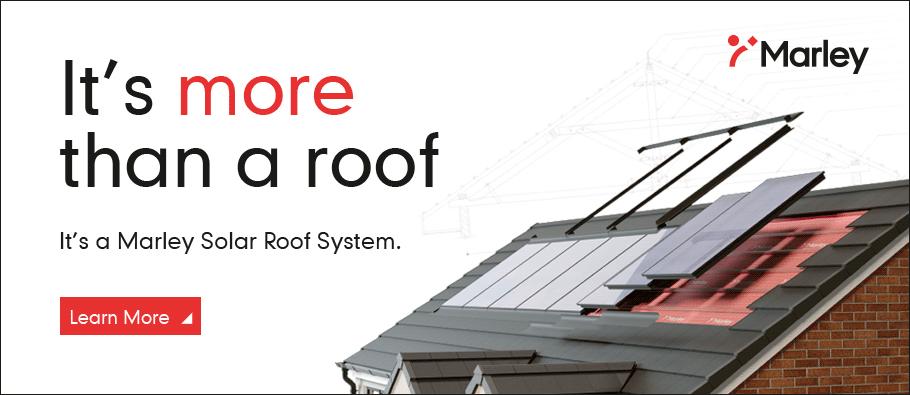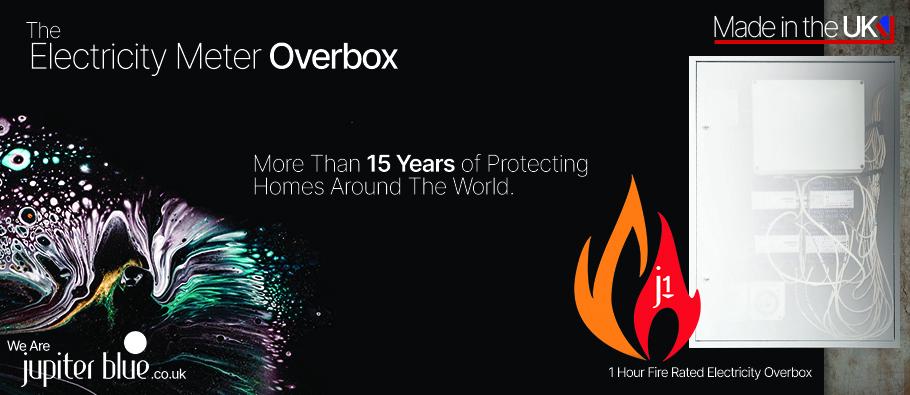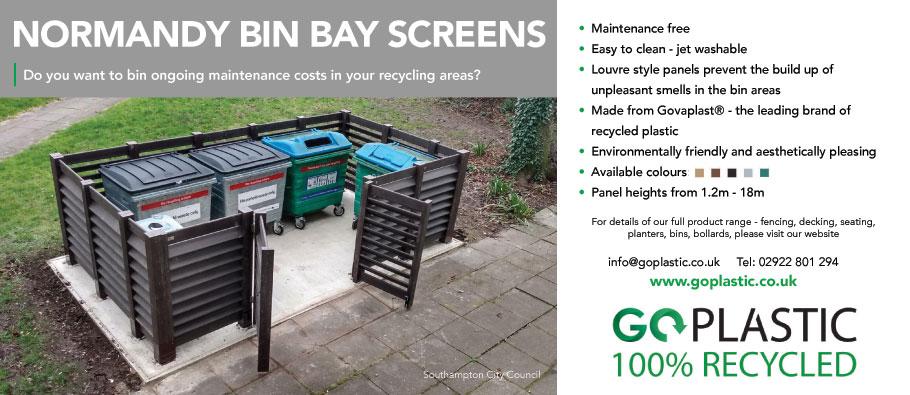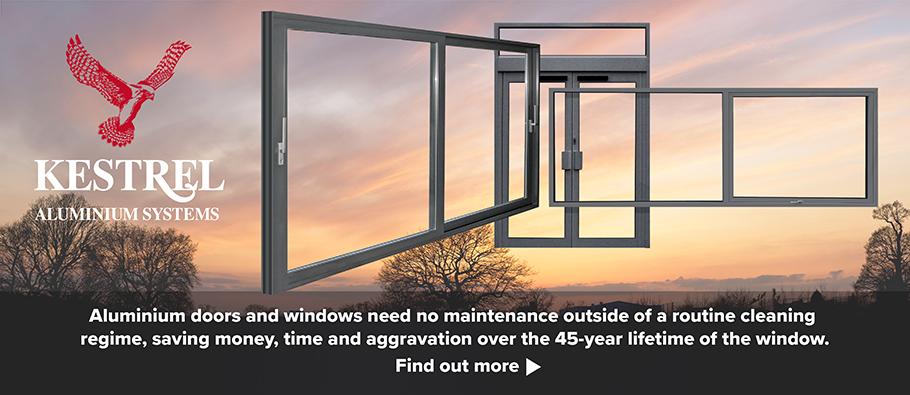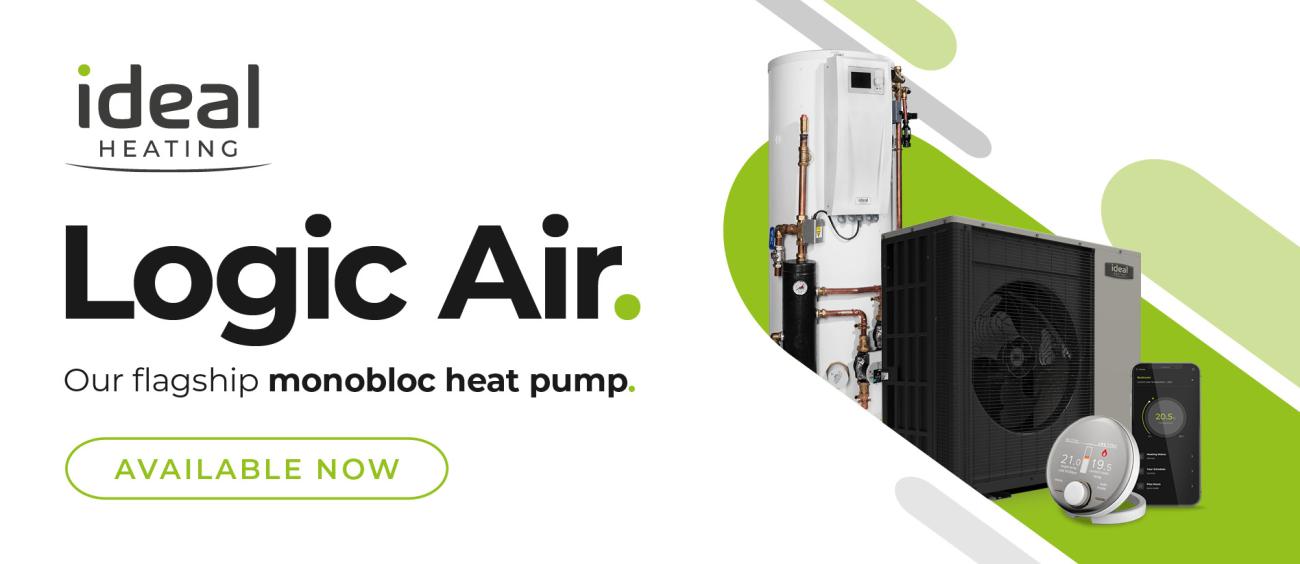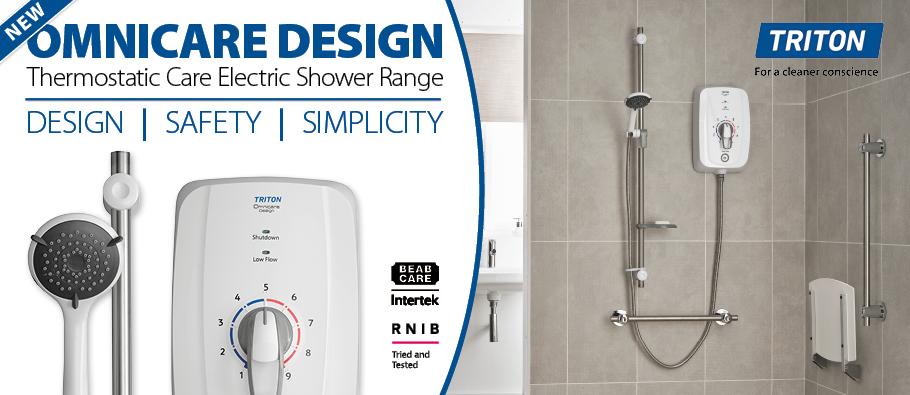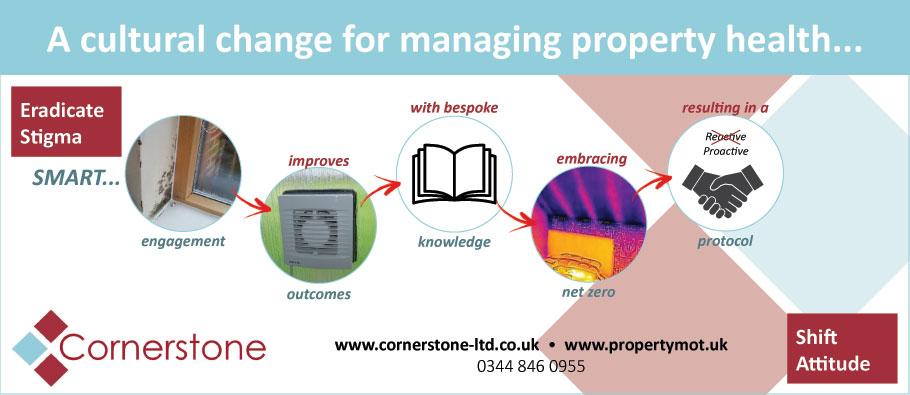Facing up to fuel poverty together
The UK is the world’s sixth largest economy and that’s a fact, so too is the rise in fuel poverty, where one in ten households is now affected. Terri Taylor, Marketing Executive, Intergas Boilers, discusses the importance of partnership to illuminate, educate and eradicate.
Fuel poverty – a combination of low income, high energy prices and energy inefficient housing – is not new, in fact it’s been a political issue since the early 1970s, but it entered the nation’s conscientiousness almost 20 years later when, in 1991, Dr Brenda Boardman wrote Fuel Poverty. This book became the reference text for anyone interested in this growing problem. Now, many of us are all too familiar with the devastating effects that fuel poverty has on families and their standard of living, and the latest statistics from the charity National Energy Action (NEA) and climate-change charity E3G research report, published this February, only serve to drive home this vicious circle of deprivation. Here are the top line results:
• UK has the second-highest rate of excess winter mortality (after Ireland) out of 30 European countries.
• The UK experiences, on average, 32,000 deaths in each December to March period that are in excess of mortality rates across the rest of the year. Just over a third of these deaths are attributable to living in a cold home.
• 6,900 deaths are linked to the coldest 25% of homes in the UK, where vulnerable residents succumb to ill-health including cardiovascular and respiratory diseases.
• 3,200 excess winter deaths are linked directly to people experiencing fuel poverty, leading to poor mental health such as chronic depression and in many tragic cases suicide.
Where illness results that is attributable to the cold, the NHS handles the cost of care. It’s estimated that four million children in fuel poverty cost the NHS £27,000 a day.
And this should all be avoidable. Making the homes of the fuel-poor more energy-efficient means they can buy cheap heat, because they need so much less of it. But, as our housing stock is one of the oldest in Europe and the majority of it is therefore classed as ‘hard to heat’, retrofitting loft and hard wall/cavity wall insulation, double glazing and energy-efficient boilers to keep the heat in the home is a given. But this is an expensive business and it’s not nearly enough. And that’s where National Energy Action (NEA) comes in. The NEA works across England, Wales and Northern Ireland, with its sister charity Energy Action Scotland, to address all aspects of fuel poverty, but places particular emphasis on the importance of greater investment in domestic energy efficiency. We support the NEA because we realise that only through partnering with campaigning organisations like theirs can there be any meaningful action to stop and reverse the iniquity of fuel poverty. If you’d like to get involved, and you’re a not-for-profit or statutory organisation, you could participate in the NEA’s annual winter initiative, The Warm and Safe Homes Campaign (previously the Warm Homes Campaign), which focuses on raising awareness of the problem of fuel poverty, the help and support available locally for those struggling to heat their homes and the significant risk to health and safety of living in a damp and cold property. It takes place from Wednesday 28 November (21 November in Wales) up to Fuel Poverty Awareness Day on Friday 15 February 2019 and the campaign awards grants of up to £500 (urban areas) and up to £1,000 (rural areas) to enable a number of qualifying organisations based in England and Wales to run relevant events and activities during the campaign period. To find out more, please visit www.nea.org.uk
Charity begins at home, and there’s never been a greater need for all of us to help those in unbelievably cold homes receive the right kind of support that will make a long term difference. www.intergasheating.co.uk
- Log in to post comments

